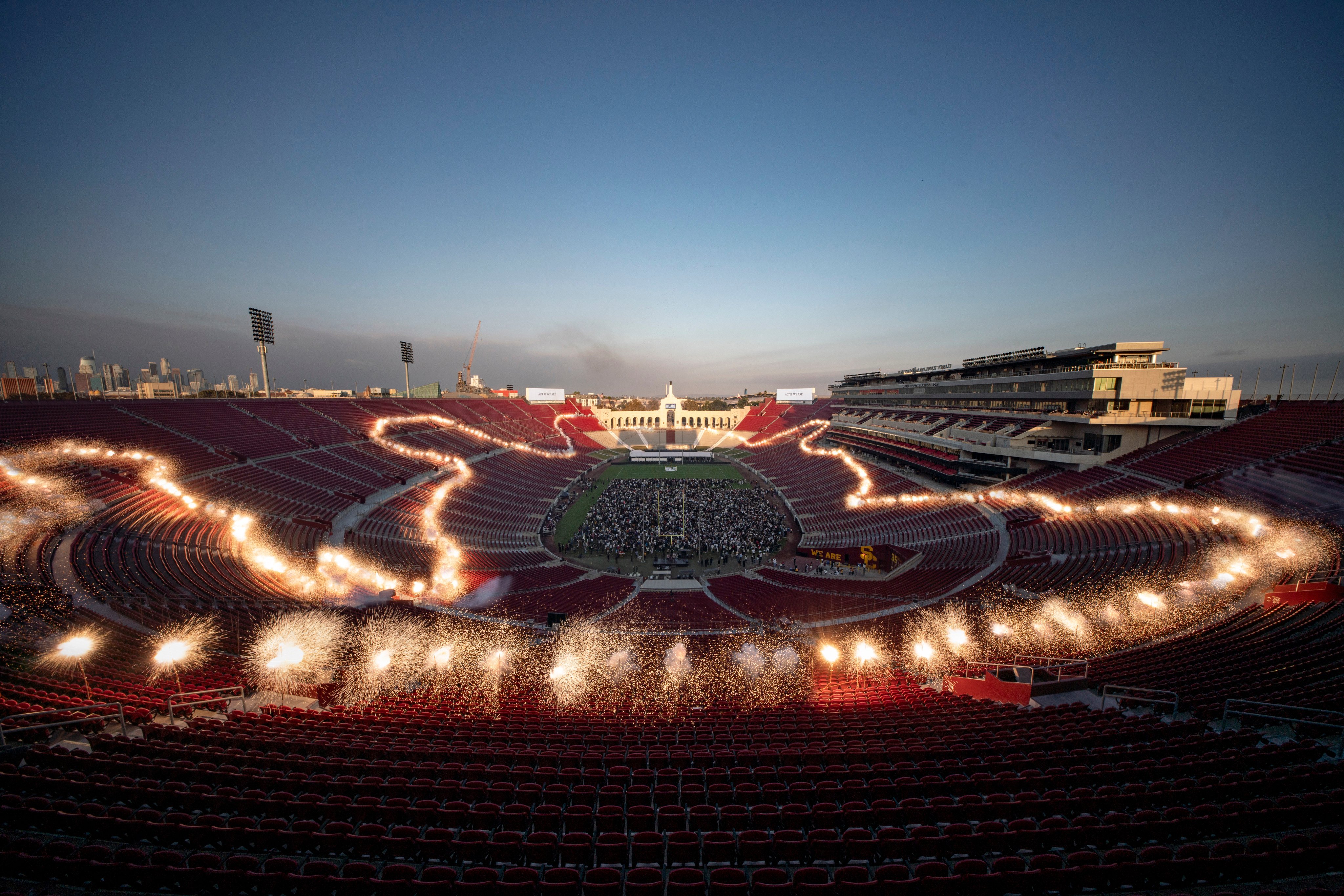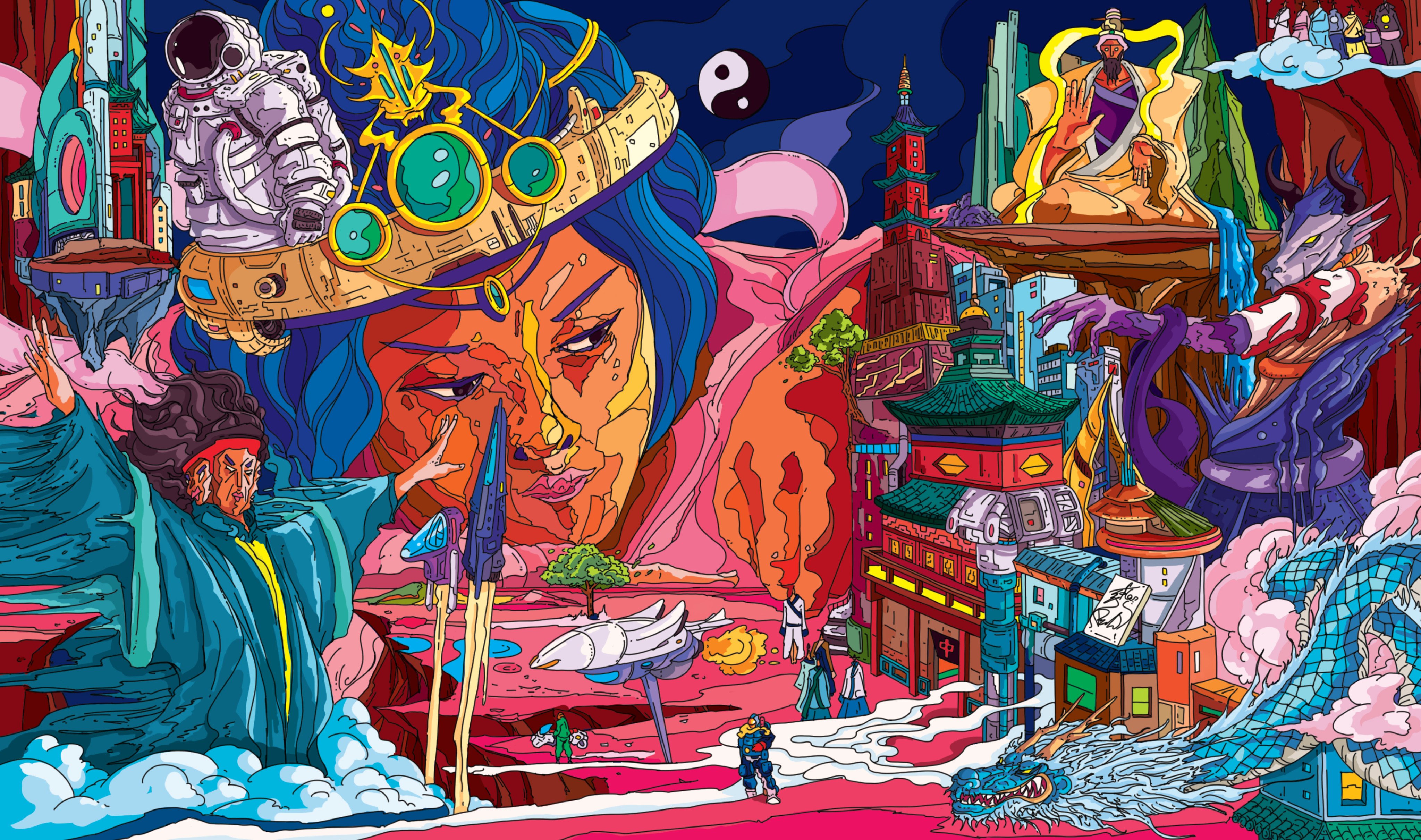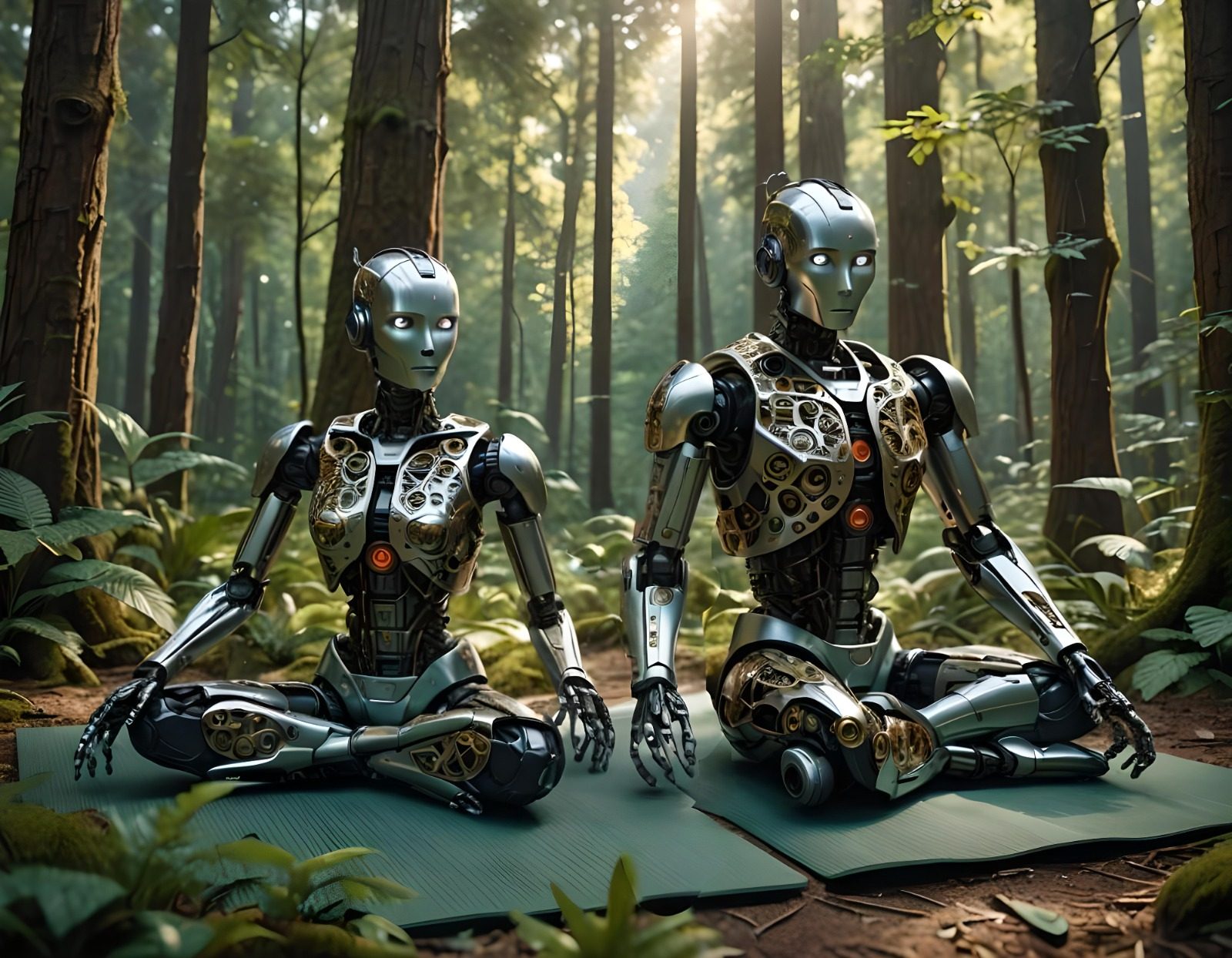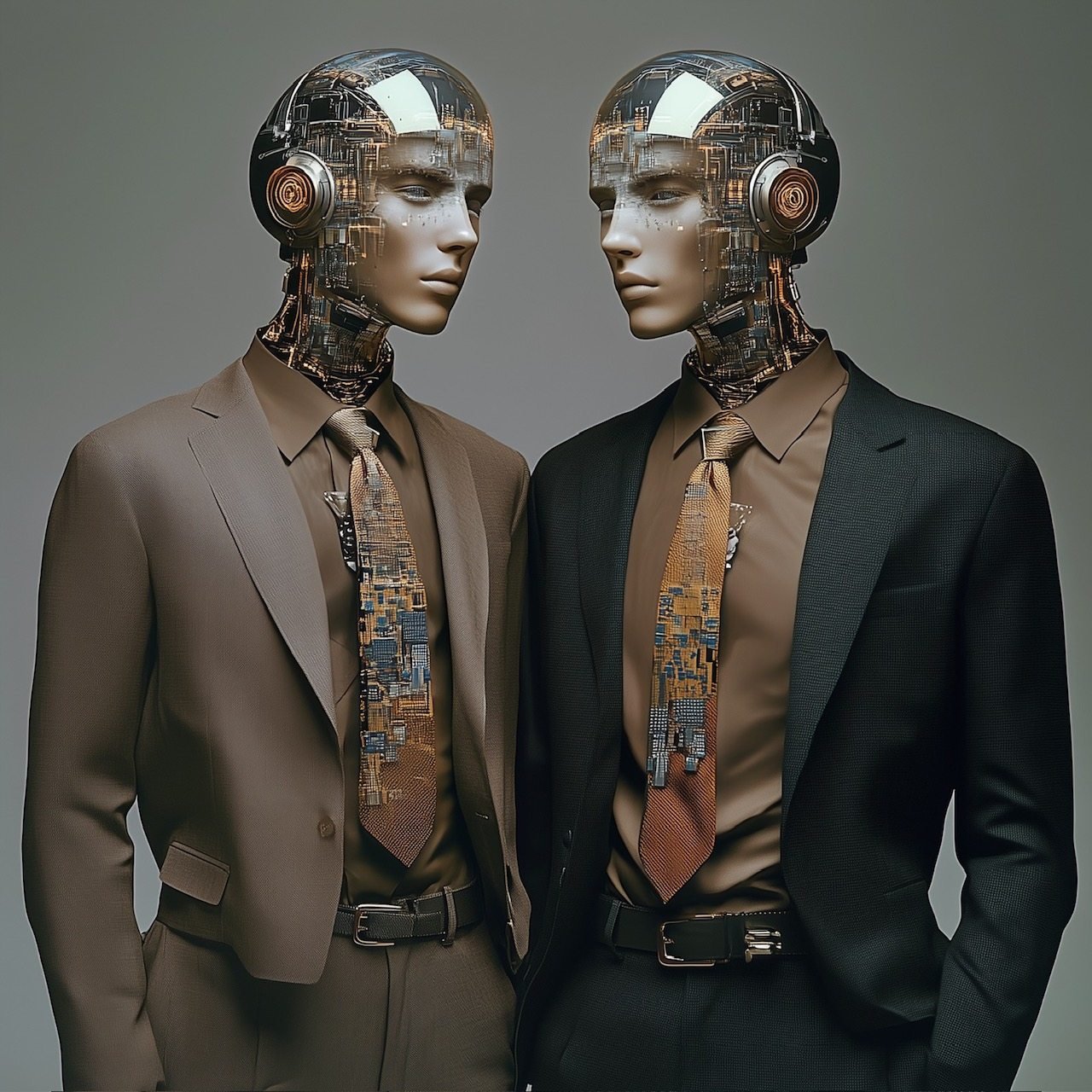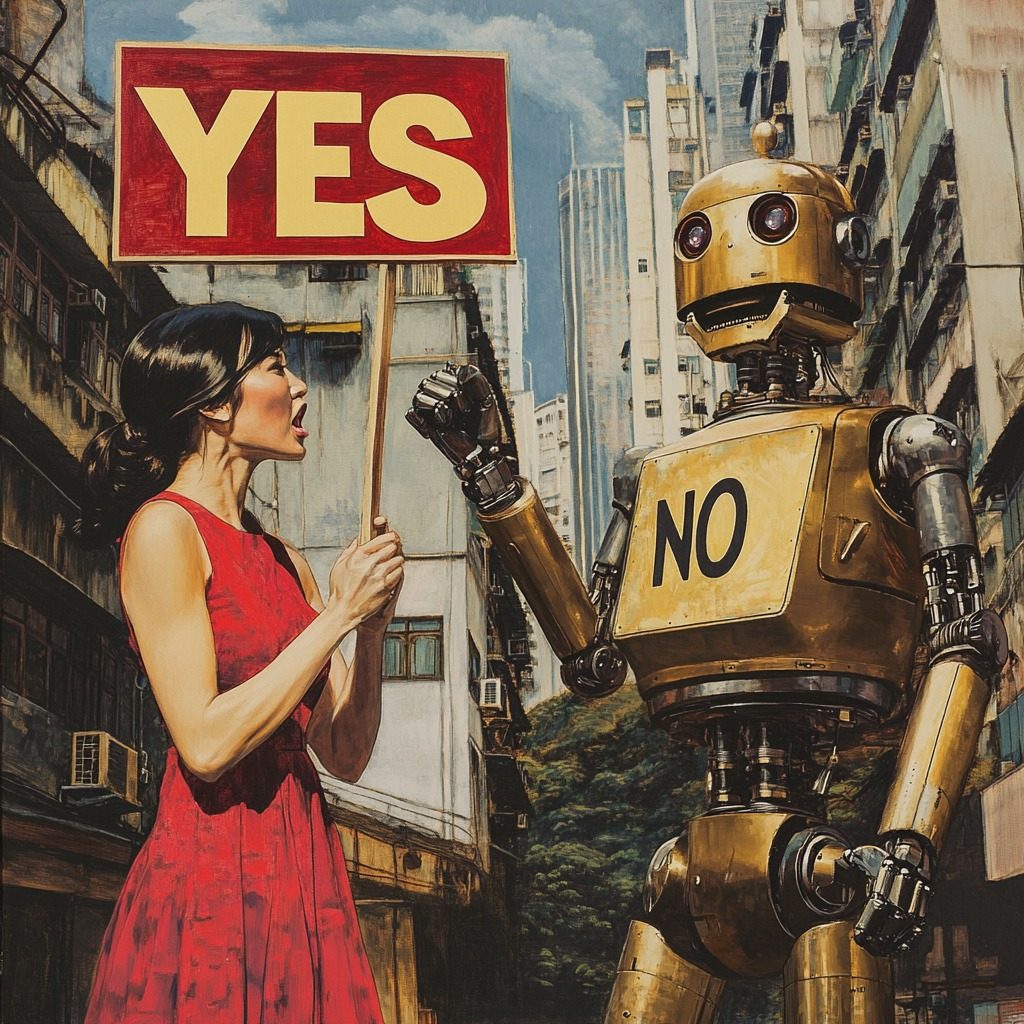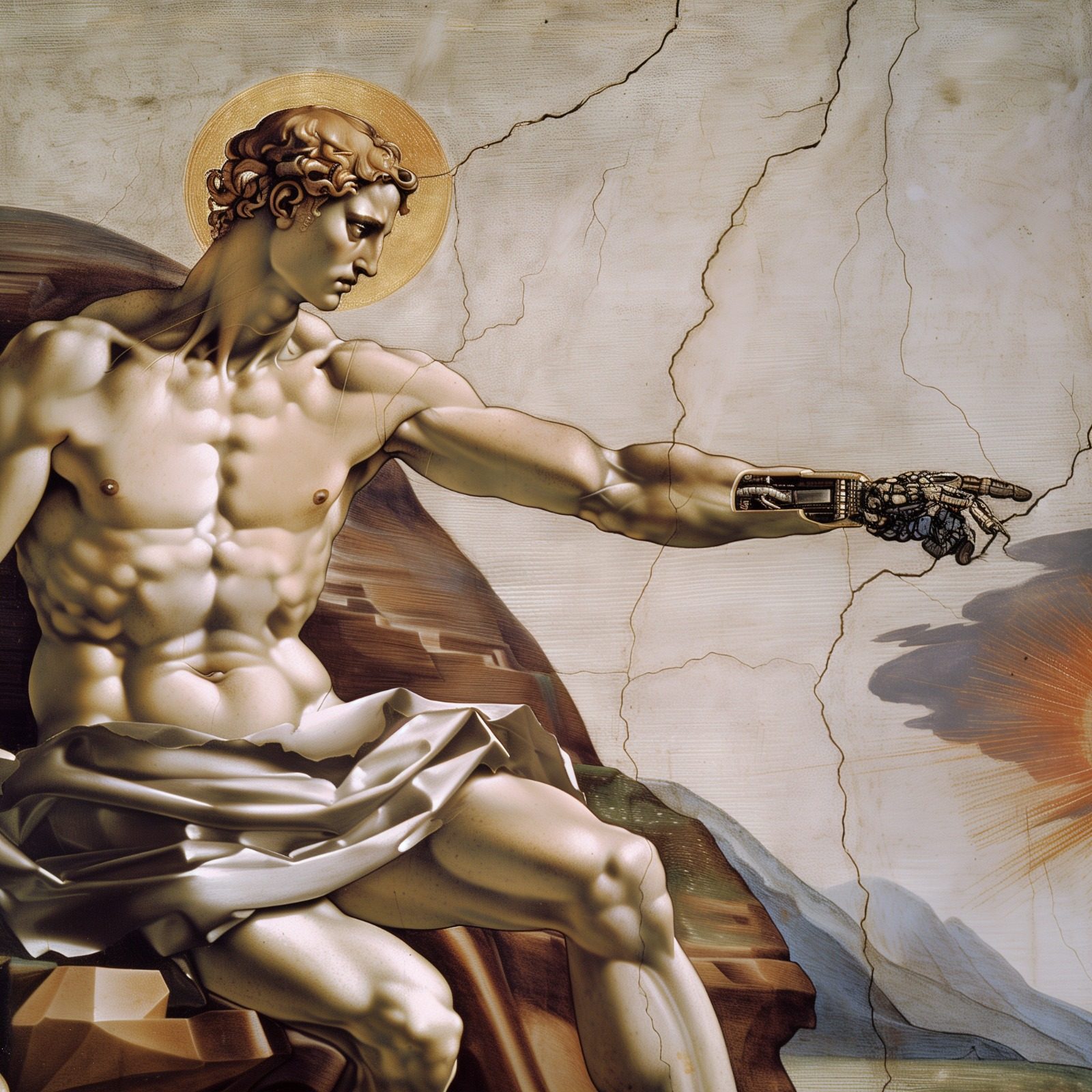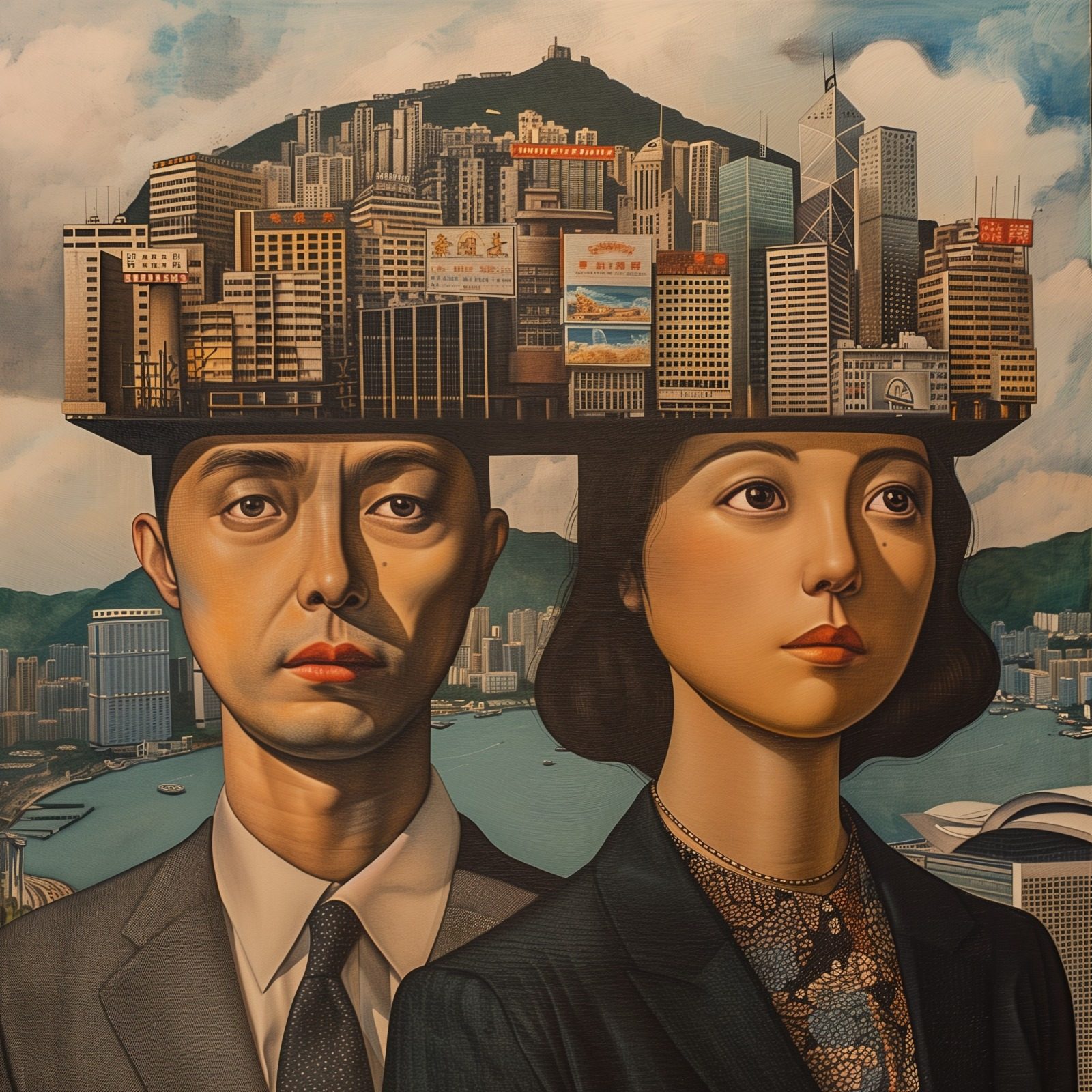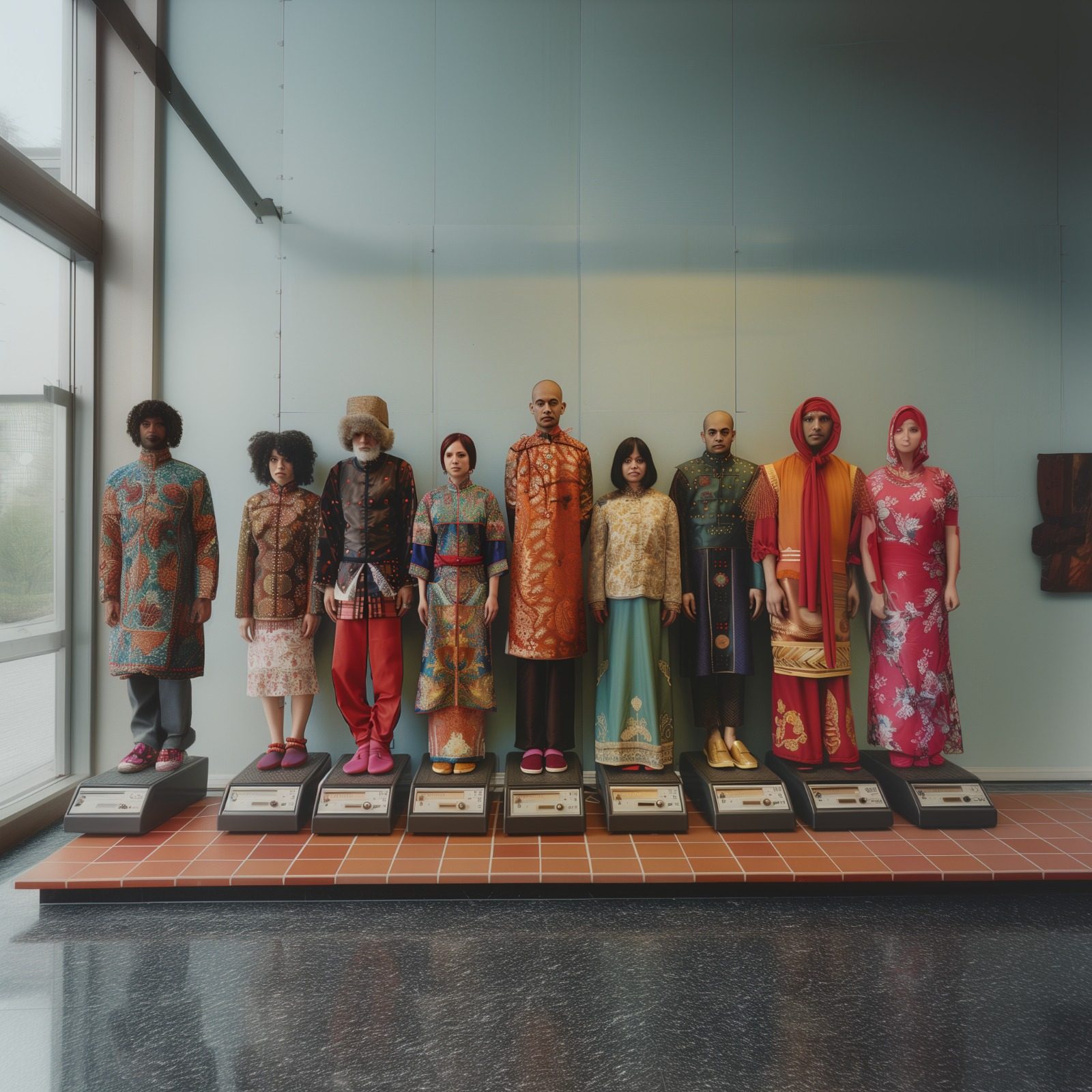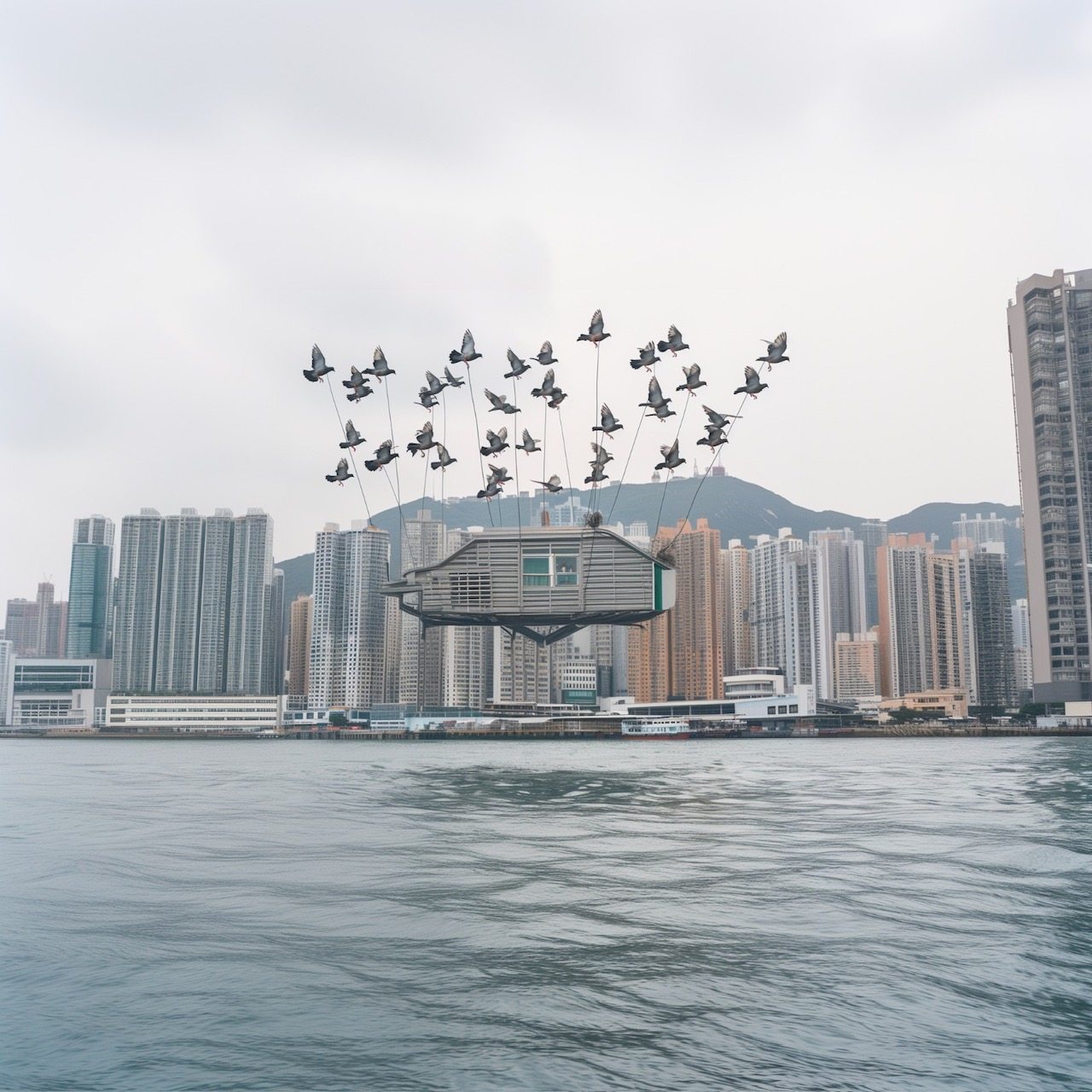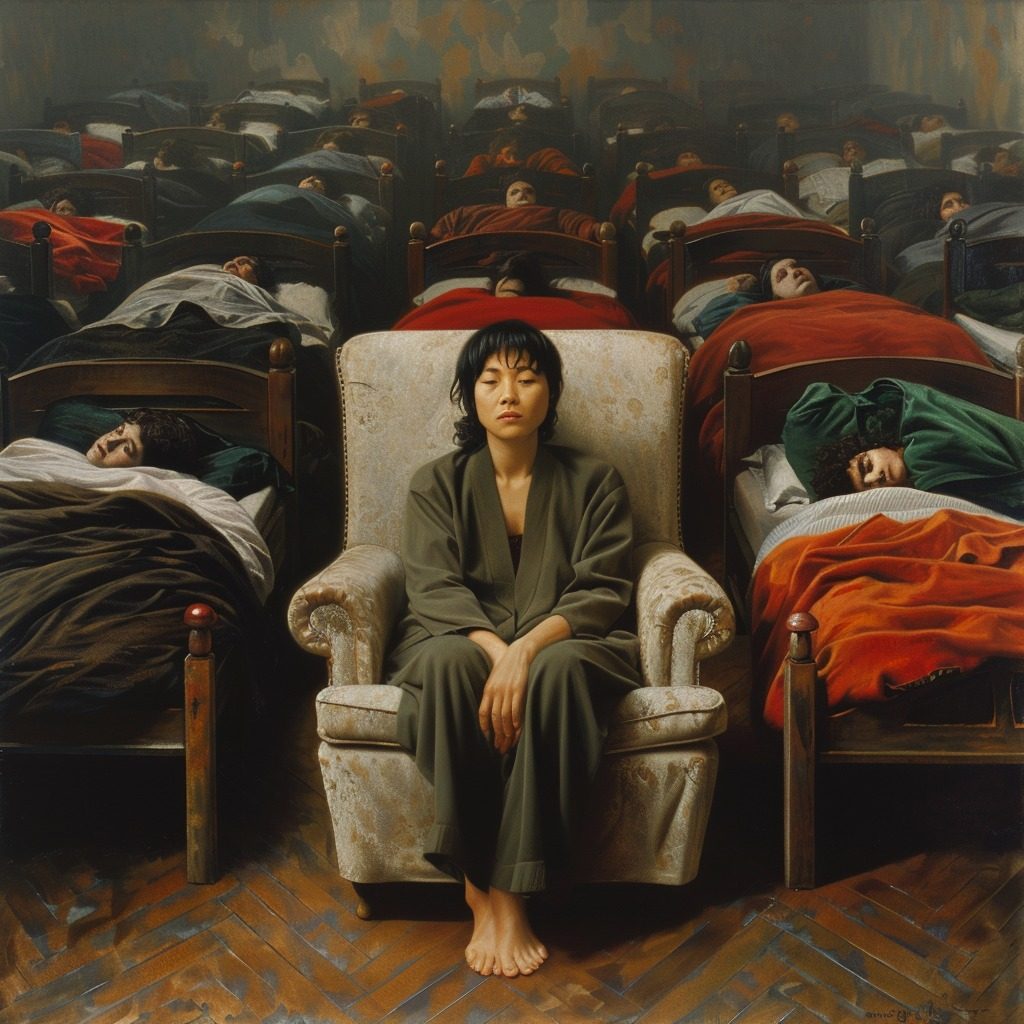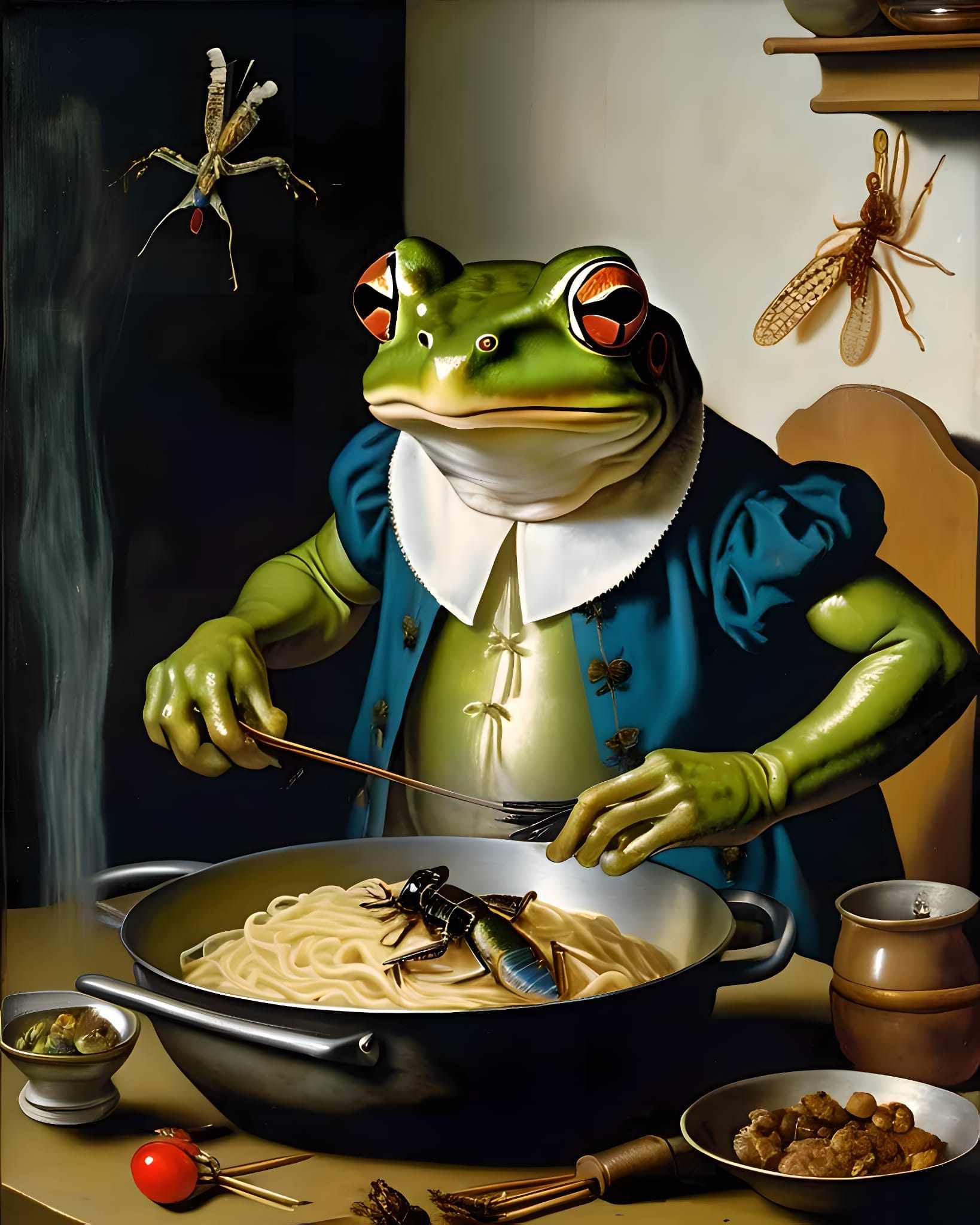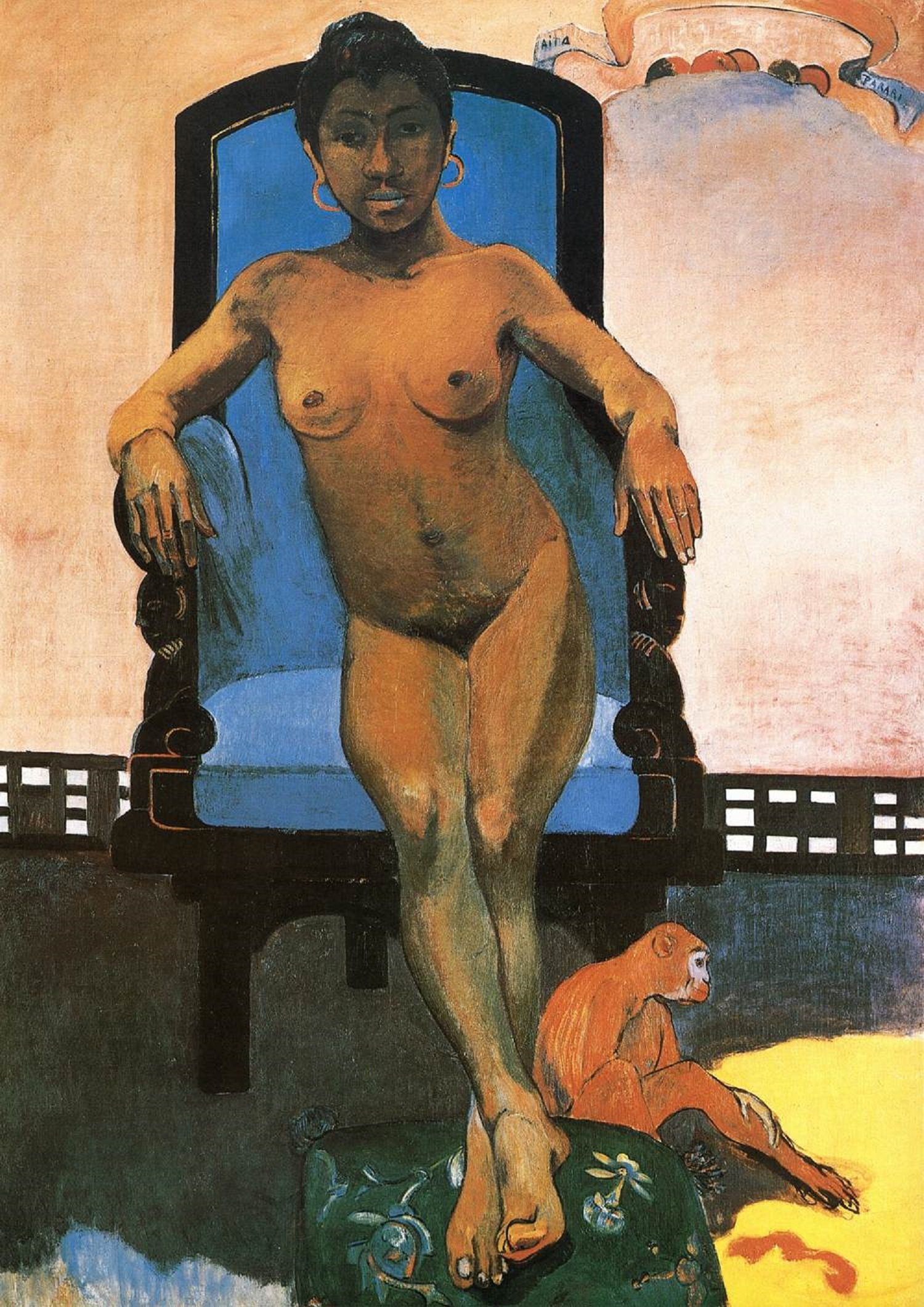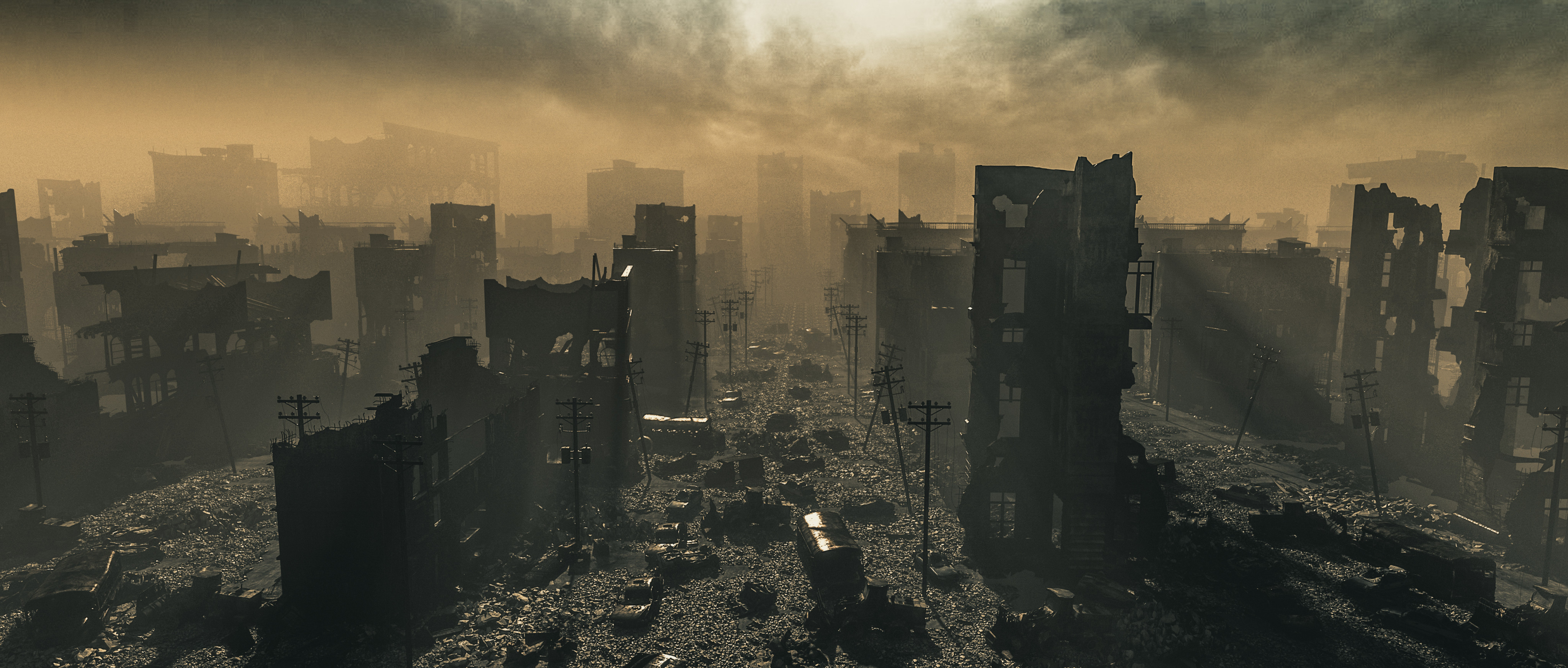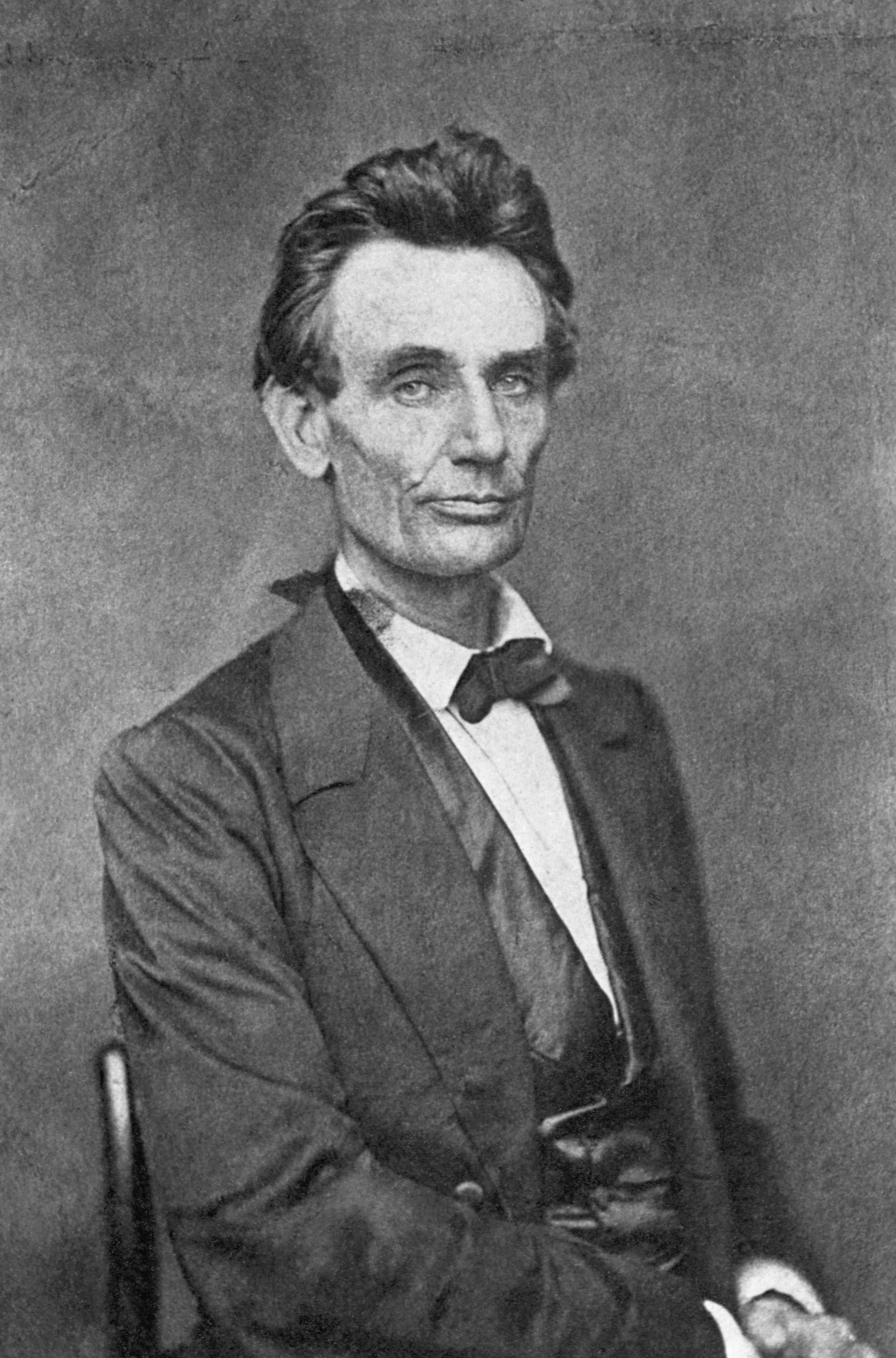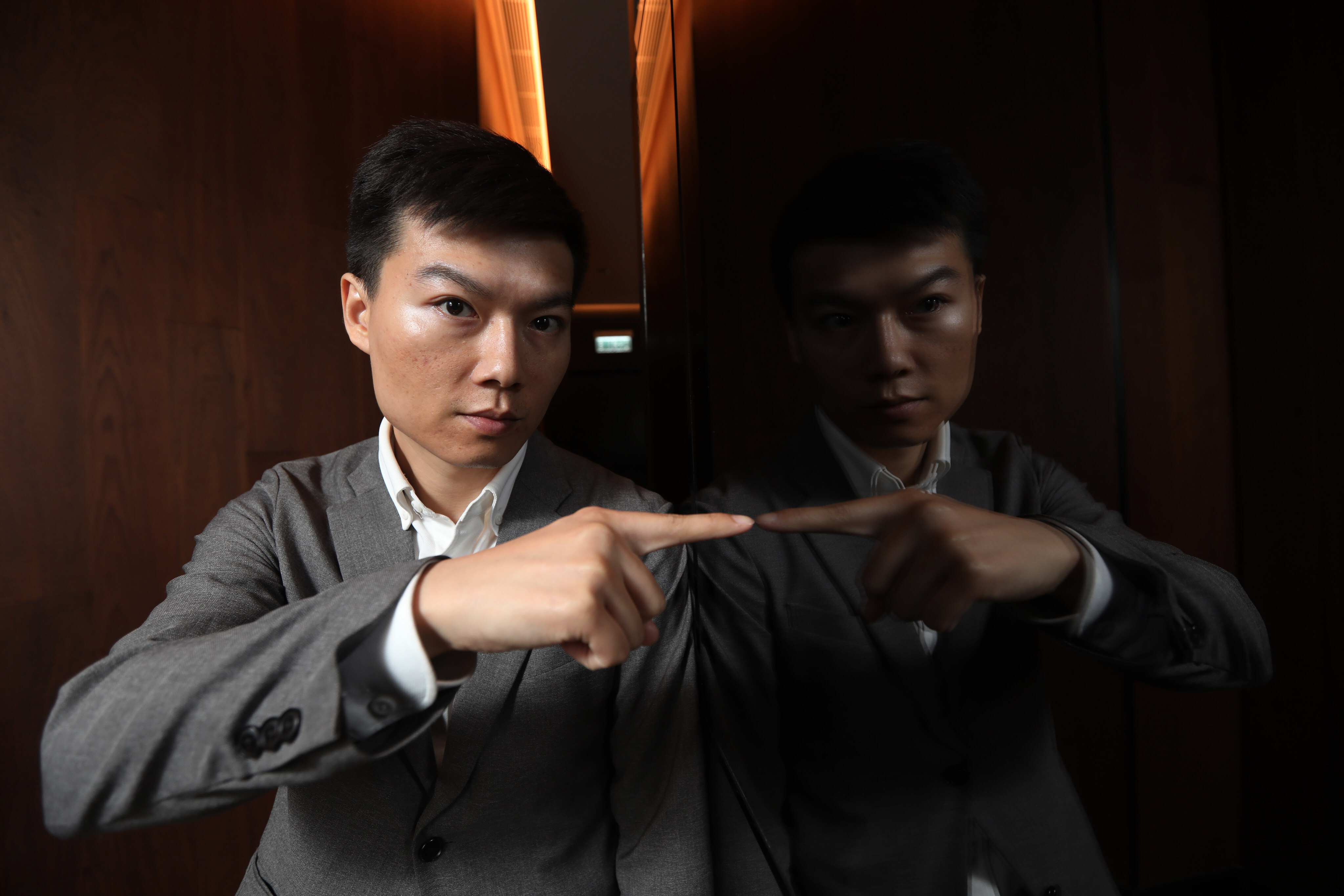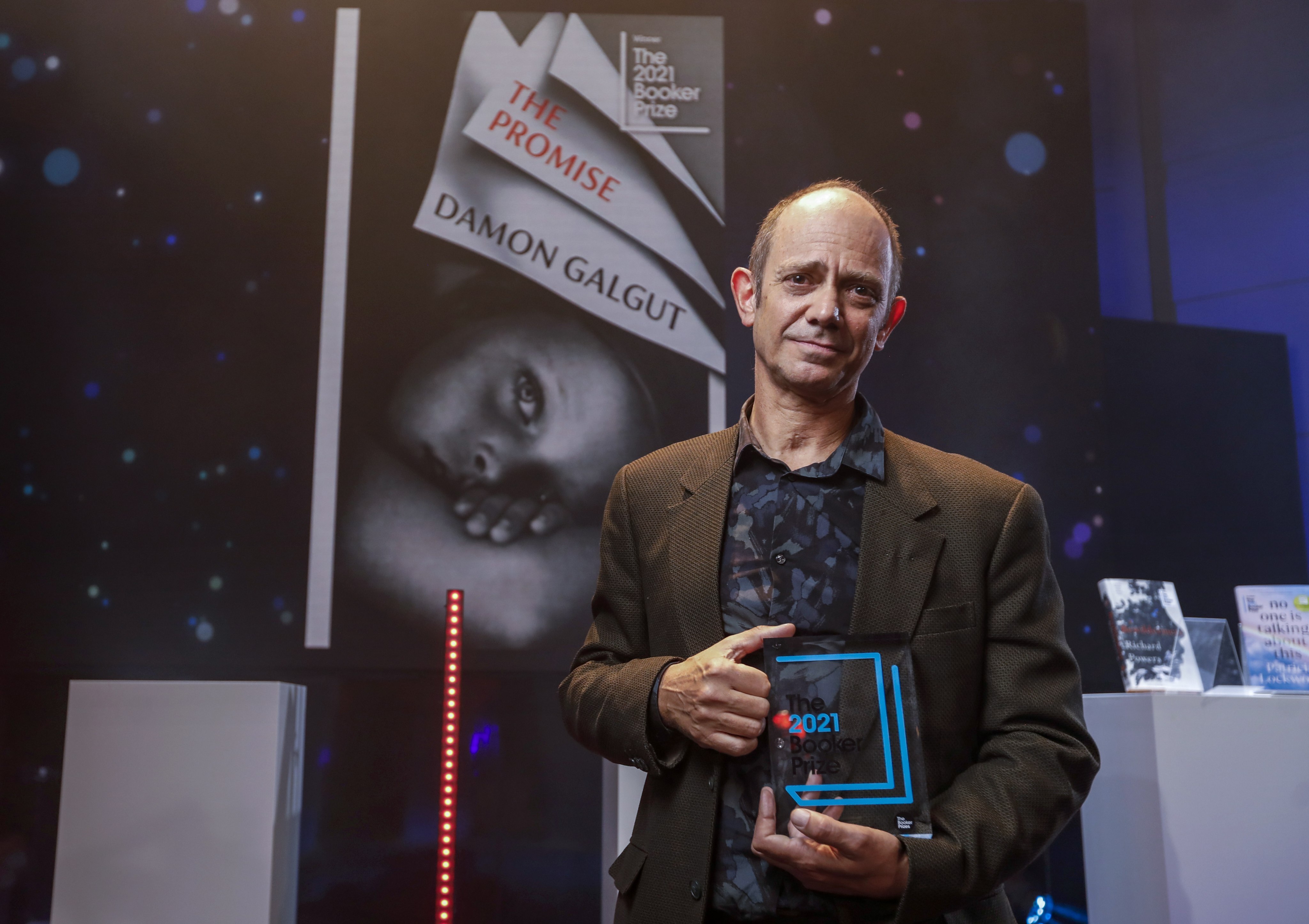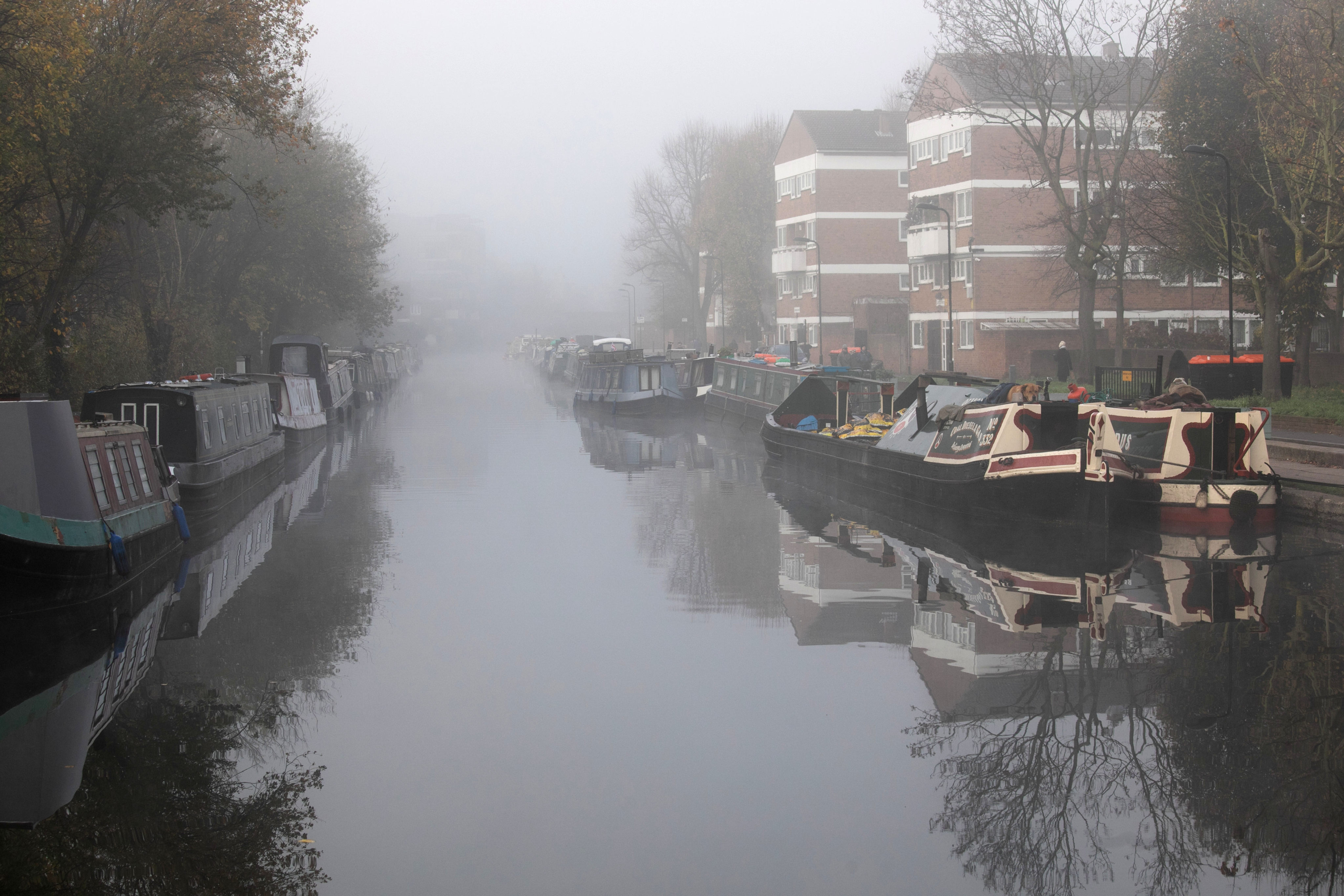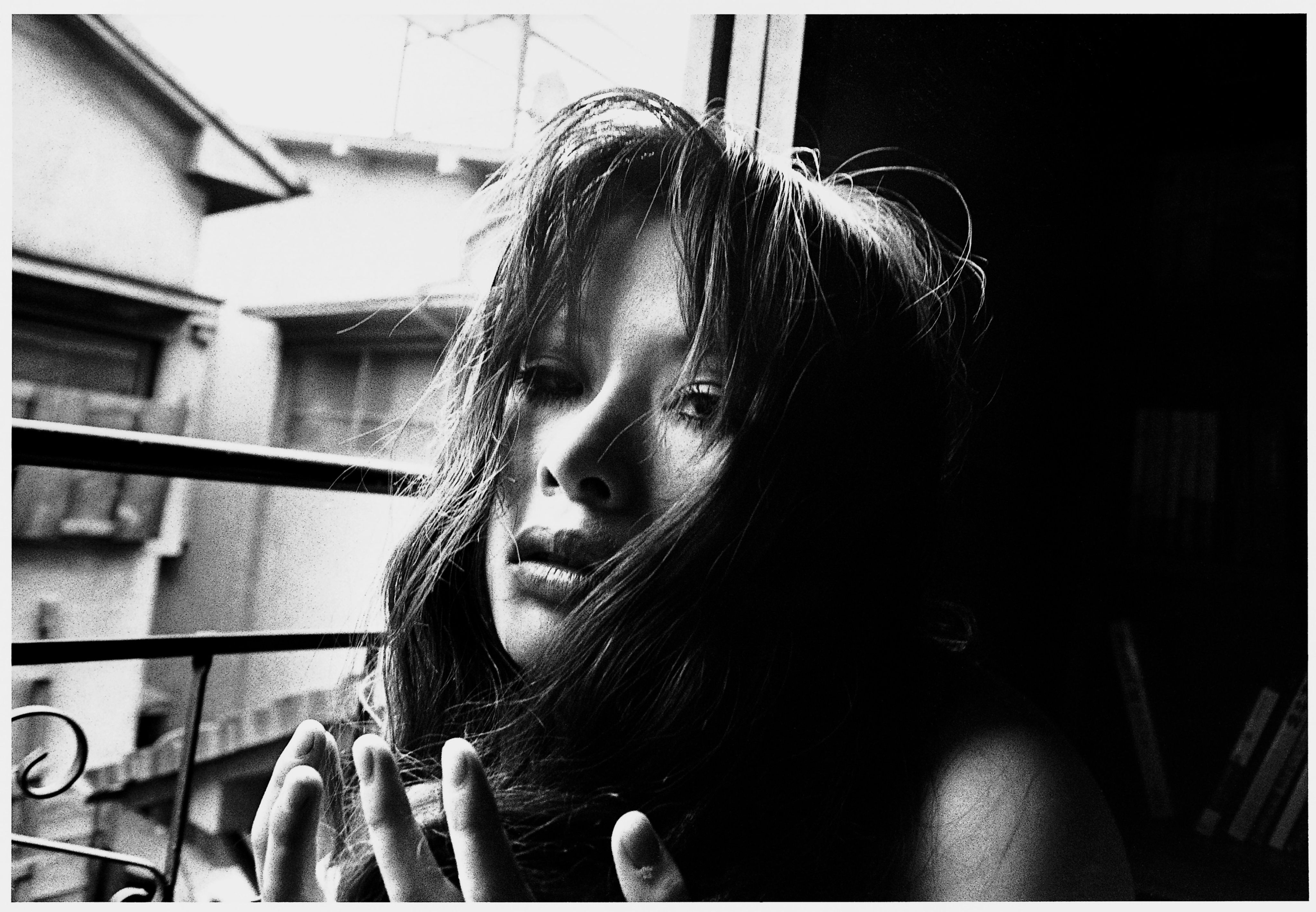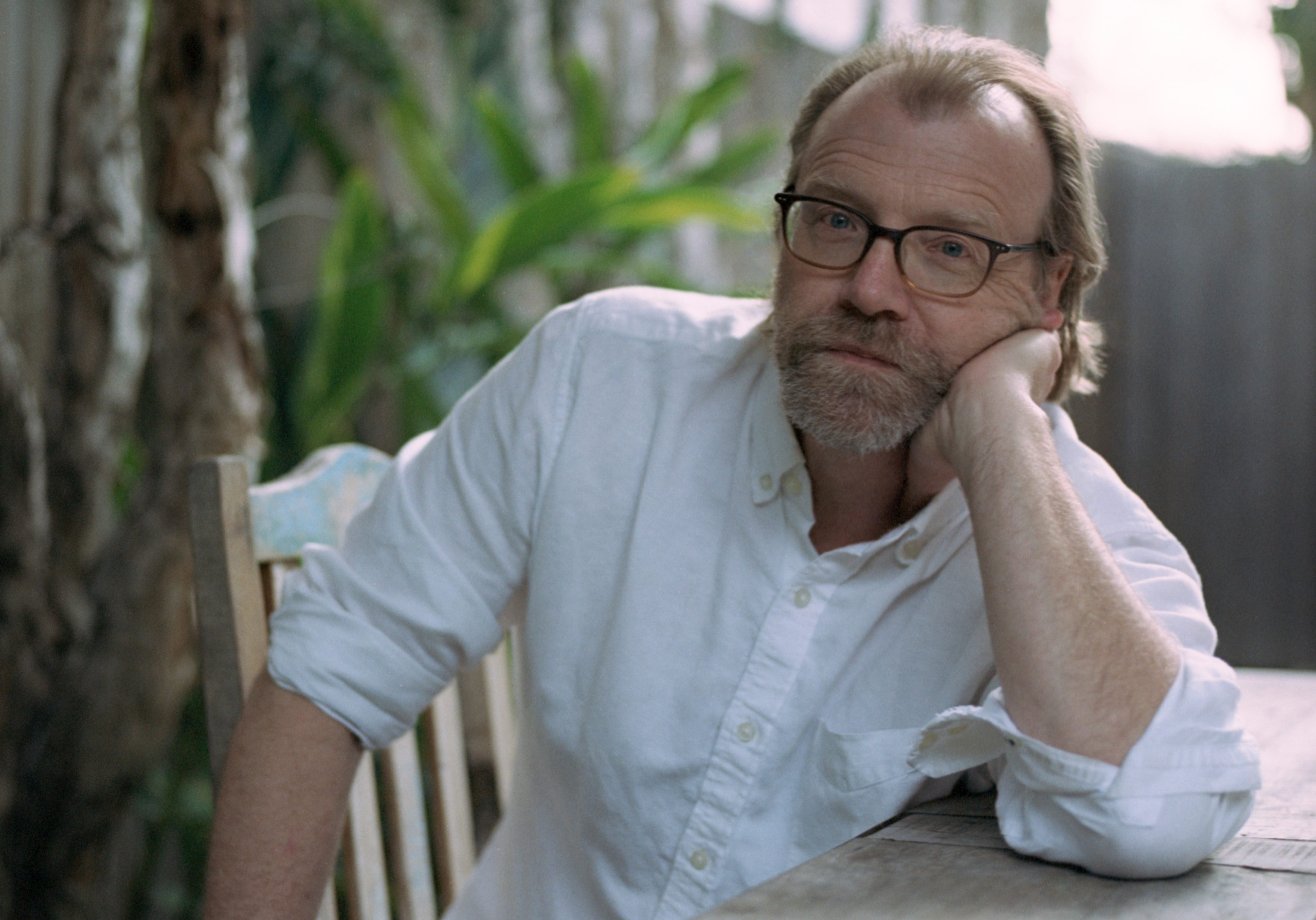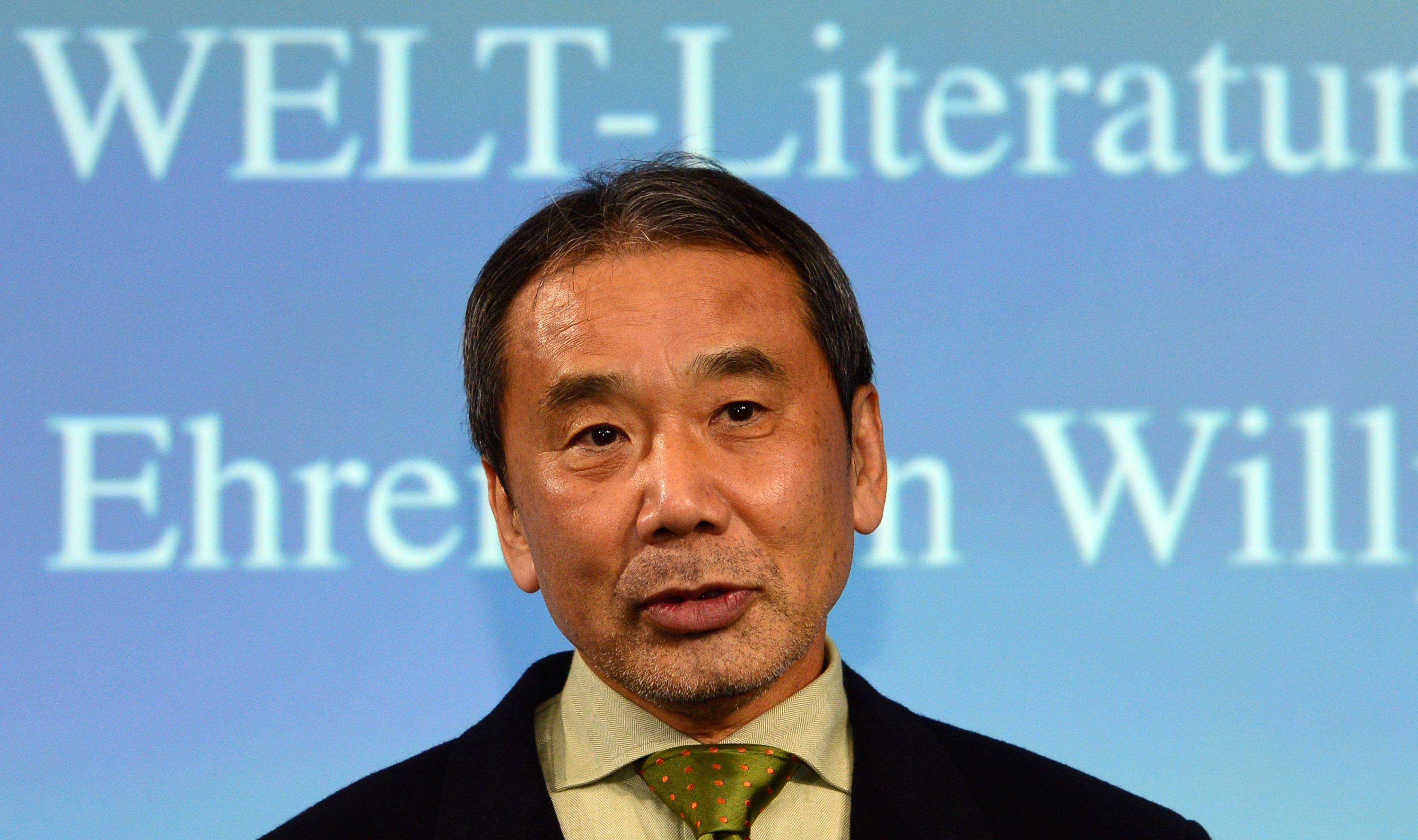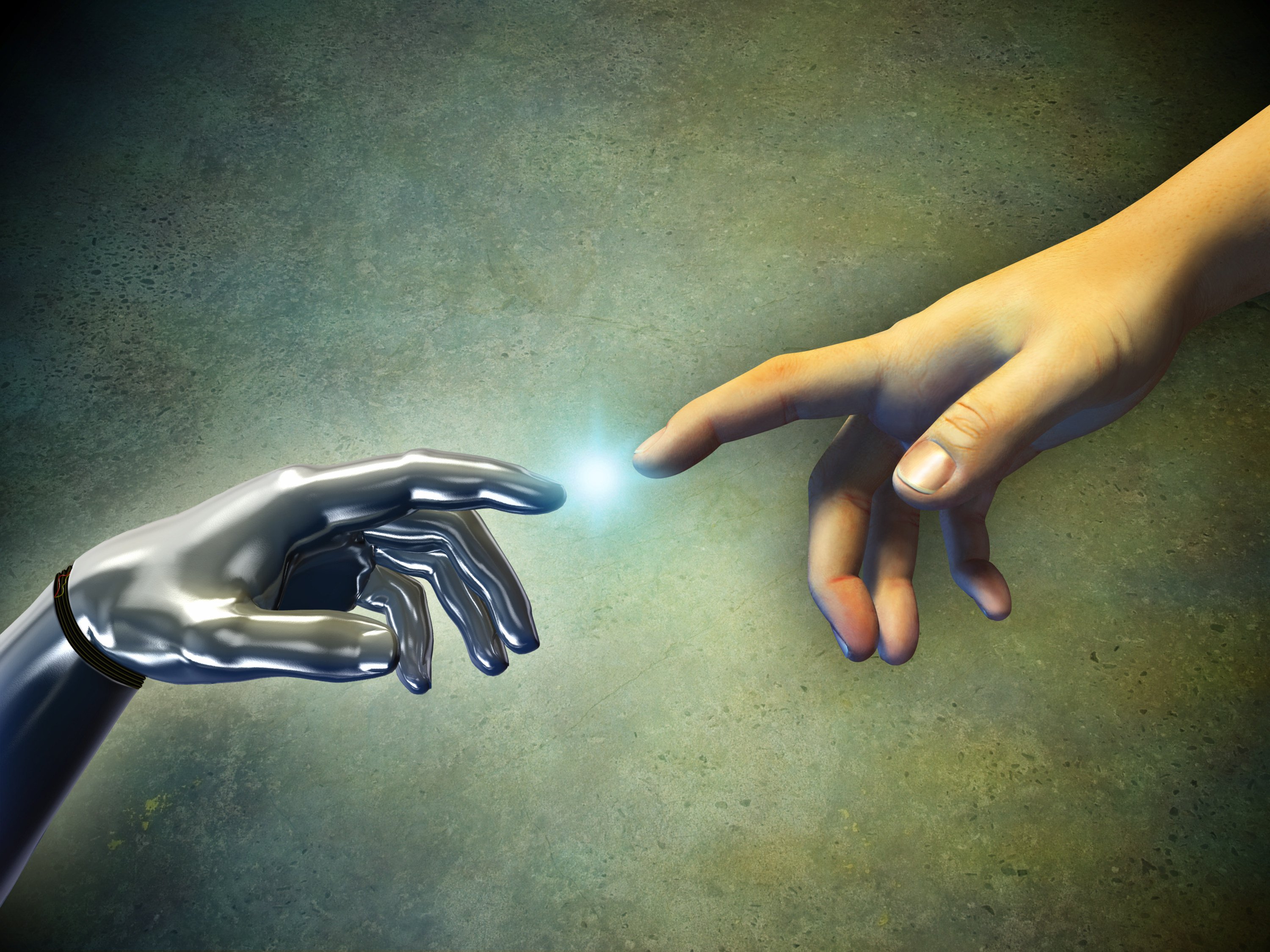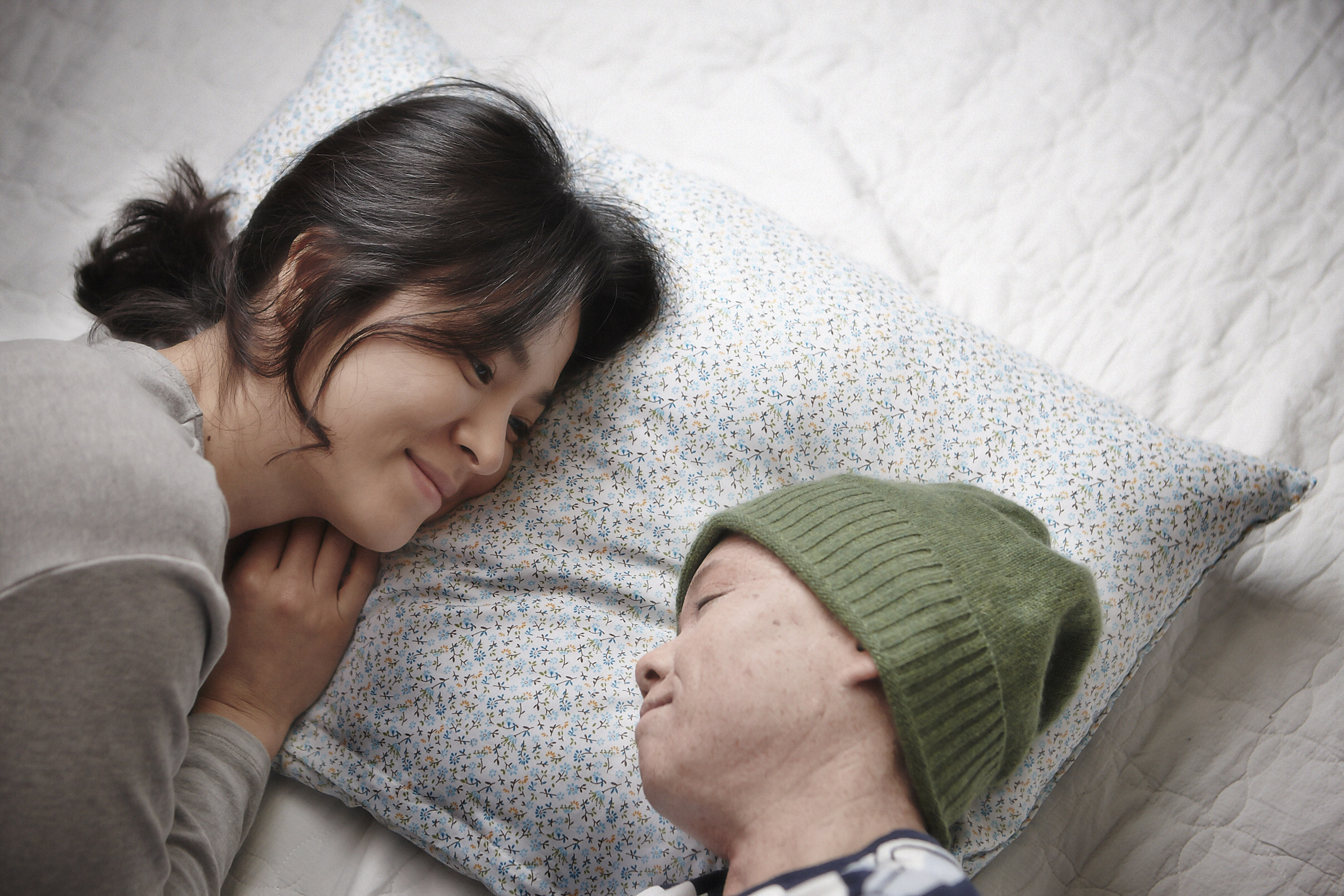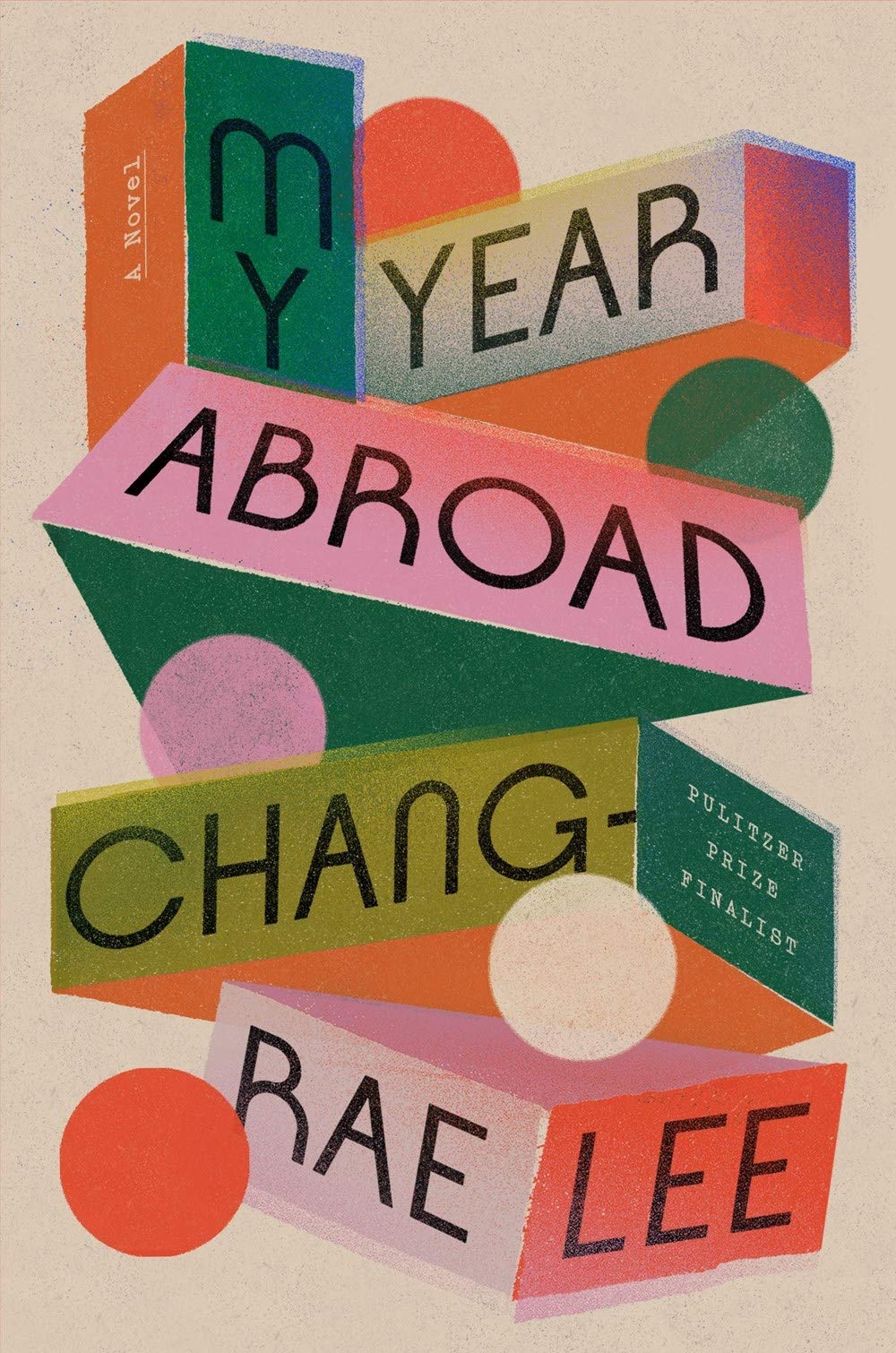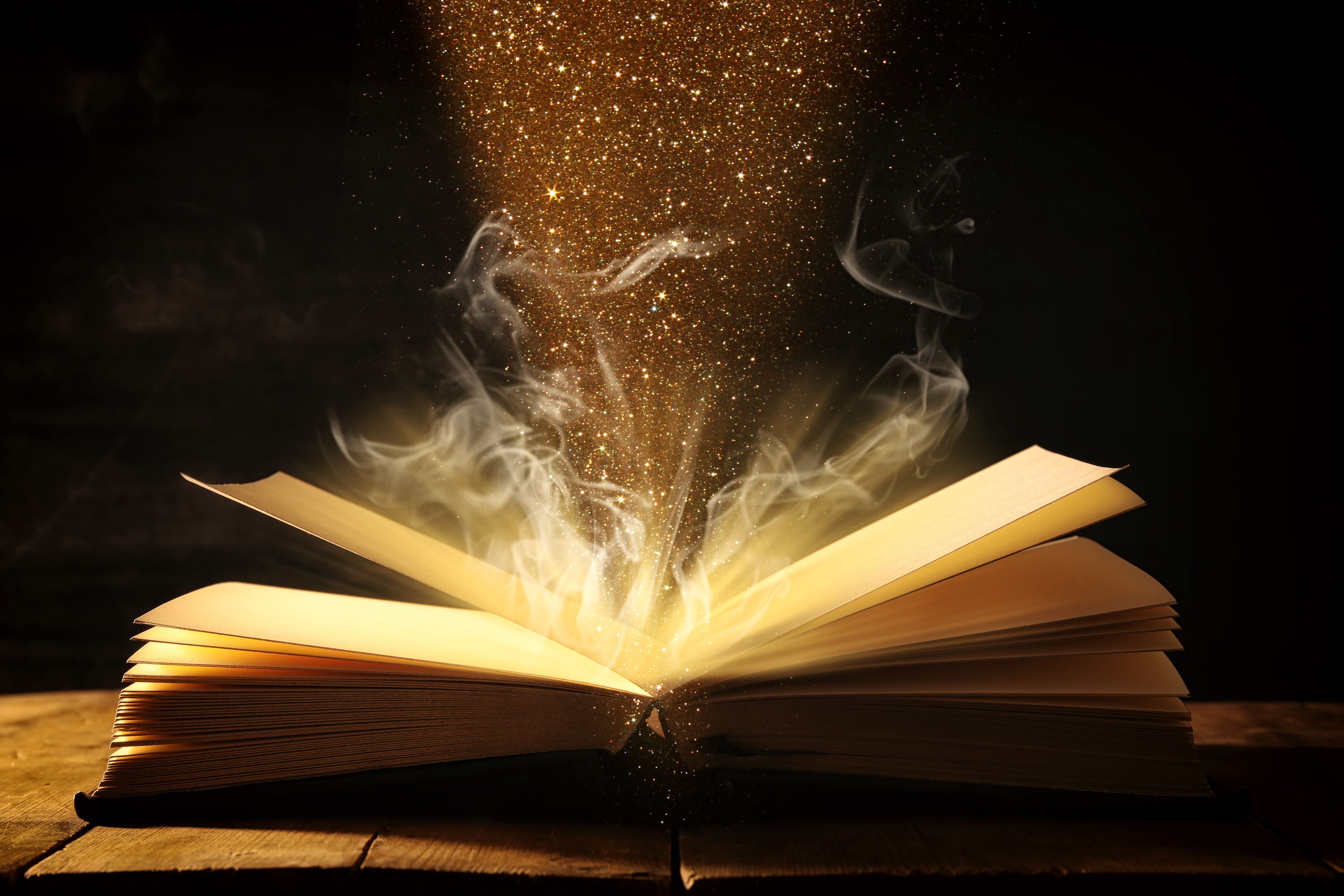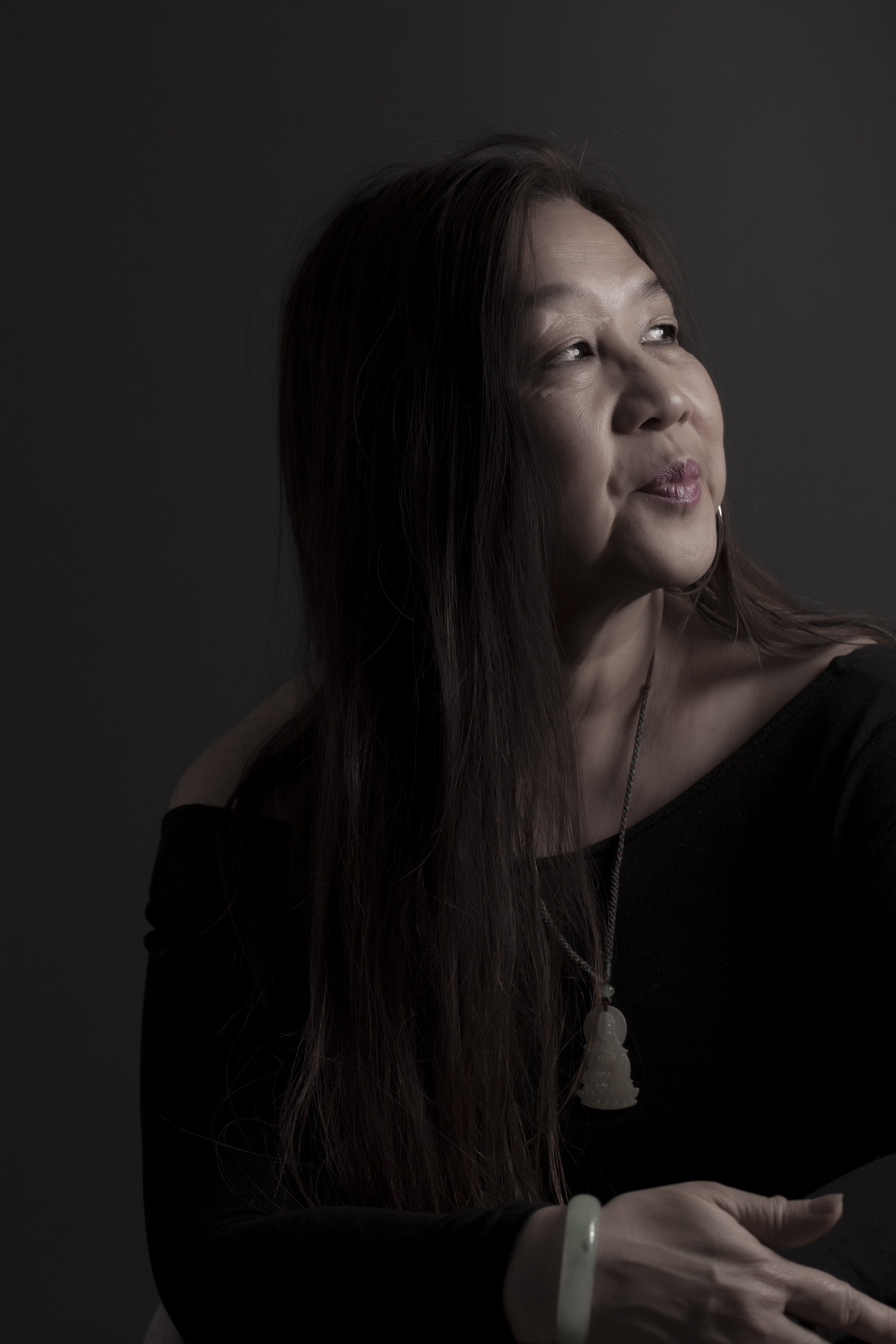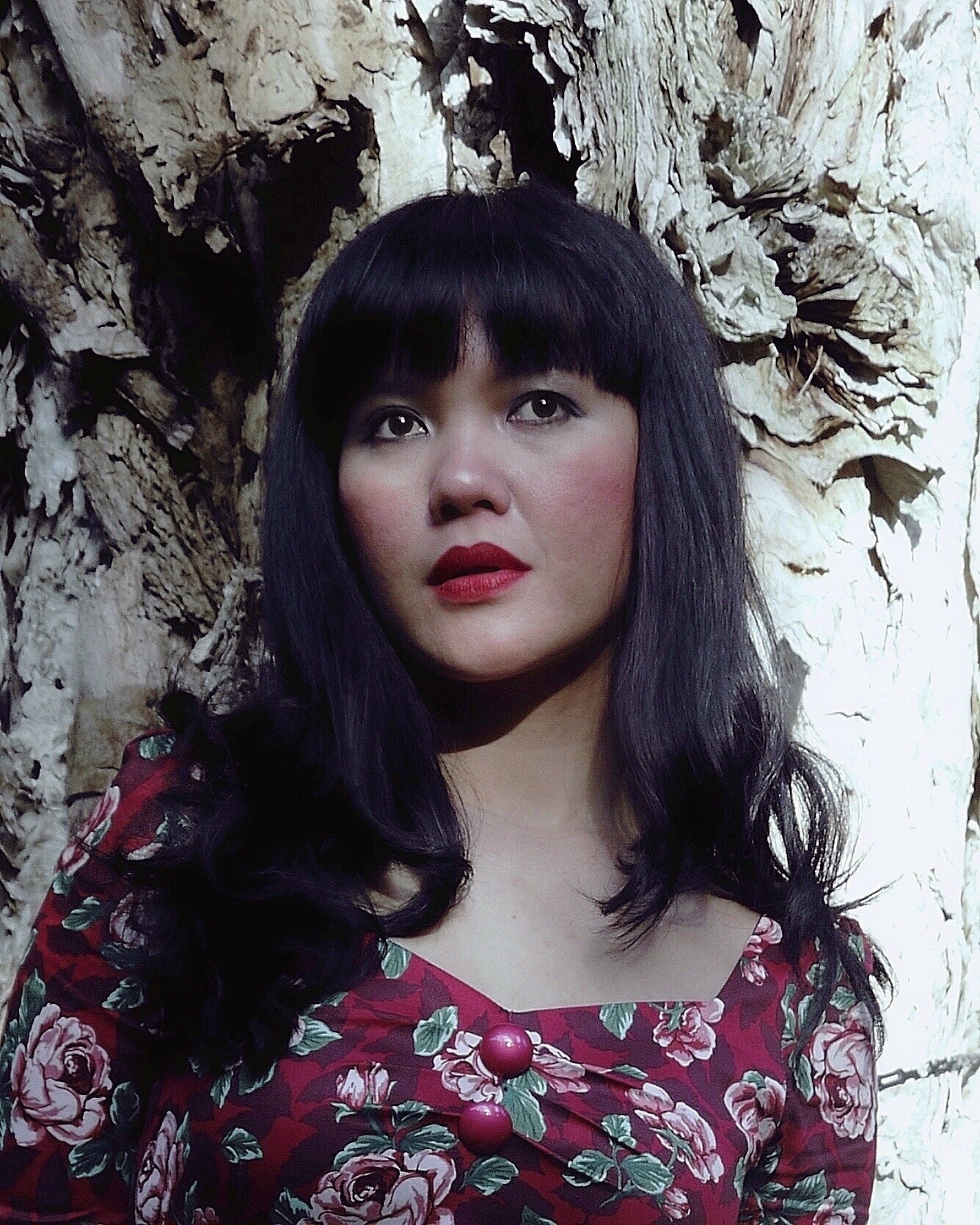Advertisement
Advertisement

Bernard Cohen
Bernard Cohen is an award-winning novelist, based in Sydney, Australia. He is also Director of The Writing Workshop, and has taught creative writing to 100,000 young people. His latest book is the short story collection When I Saw the Animal (UQP).
Combine over 800 artists in various mediums, and US$20 million in funding from The Getty Foundation, and you get ‘PST ART: Art and Science Collide’.
Hao Jingfang beat Stephen King to the 2016 Hugo Award for Best Novelette, while Chen Qiufan’s Waste Tide has drawn comparisons to J.G. Ballard, William Gibson and Ursula Le Guin
To AI, even a child endlessly repeating ‘why’ counts as data, while the most selfless parent is going to crumble faced with infinite interrogation – AI suggests between 3 and 10 ‘whys’ is ‘enough’
My AI friend thinks robots should present themselves, fashion wise, in a ‘relatable’ way in the future – which is not creepy at all
Advertisement
AI tells us what Marilyn Monroe, Mark Twain and Confucius have in common, but is it right and how can it best argue its case?
Starting with simple polls on belief, AI then throws in our entire history of scientific, philosophical and sociological factors in its fearless quest for the ultimate truth
While chatbots can offer support by recognising emotional cues and using supportive language, AI therapists also acknowledge their own limitations, including a lack of any genuine connection
My AI friend offers a 4-category, 11 bullet-point approach for me to lose 10kg, though maybe I can start with a hair cut that shaves 300g
Moving can be one of the most stressful activities – dressing up as a superhero may help, at least according to AI
A confessed night owl stays up discussing the question, as well as whether alcohol, napping, reading or yogurt help or hurt your chances of nodding off
What proves you have impeccable musical taste? Putting Beethoven, Tupac and K-pop on the same playlist, the bots told us
AI earnestly examines its navel and declares, on balance, in bullets, that we should just live with it
Who was Annah the Javanese, the subject of an eponymous nude painted by Paul Gauguin? In a novella in her collection The Burnished Sun, writer Mirandi Riwoe gives Annah a voice and analytical mind.
He had a family. He’s Korean. He remembers water purifiers. Fragments of a man’s past emerge until he – and we – learn the whole devastating truth.
Audrey Magee’s novel about a small fictional colonial struggle takes places a short boat journey away from a larger one on the non-fictional Irish mainland, where the Troubles are raging.
In Booth, Karen Joy Fowler has written a page-turning theatrical, family, historical and political saga that weaves slavery into the story of the man who killed Lincoln, his siblings and their parents.
Cold Enough for Snow, Jessica Au’s prize-winning second novel, is the subtle, delicate and existential story of a Hong Kong mother and her expatriated daughter connecting and remembering on a holiday in Japan.
Science fiction author Chen Qiufan and Kai-Fu Lee, former head of Google China, outline a positive vision for the future of artificial intelligence in their collaboration AI 2041. They tell the Post why.
The novel’s story of the downfall of a white South African family over 30 years is told with mesmerising skill through the use of multiple, shifting narratives. Galgut will appear at the Hong Kong International Literary Festival.
Every character in Paula Hawkins’ London-set third novel is damaged in some way. When two deaths occur and police investigate, two other, past deaths offer clues as to why.
Lo Yi-Chin’s novelistic memoir about a father’s illness and a son’s dilemma is also a tale of two Chinas – the mainland and Taiwan, the provincial and the cosmopolitan.
Terminal Boredom is the first of a planned series of English translations of the late Izumi Suzuki’s science fiction, and if these thought-provoking, dystopian tales are anything to go by, the Japanese writer’s work should have wide appeal.
His deep dive into the short stories of Russian literary giants Leo Tolstoy, Anton Chekhov, Ivan Turgenev and Nikolai Gogol changed George Saunders’ relationship with the written word.
In his latest collection of short stories, featuring all male narrators, the Japanese author returns to some familiar themes.
The android narrator of the Nobel laureate’s new sci-fi novel proves the most humane character in an inhumane society, despite offering a distinctly robotic viewpoint.
The ‘story of the youngest parents with the oldest child’ mixes humour and hope, fate and fatalism, starting with the as-yet unborn narrator causing a scandal before life propels him towards inevitable tragedy.
Chang-rae Lee packs his latest novel with an abundance of food and factoids – and sometimes a little too much information – while cementing his place as master of the ‘outsider’ genre.
In Gender Swapped Fairy Tales, Karrie Fransman and Jonathan Plackett, hope to raise awareness of the complex and subconscious associations of gender.
Drawn from a prodigious career of poetry and advocacy, A Portrait of the Self as Nation is a masterclass in formal play, allusion and wit.
Intan Paramaditha’s choose-your-own-adventure narrative offers enchanting journeys through myth and folk tale, even if the fantastic options available are limited by the form.

